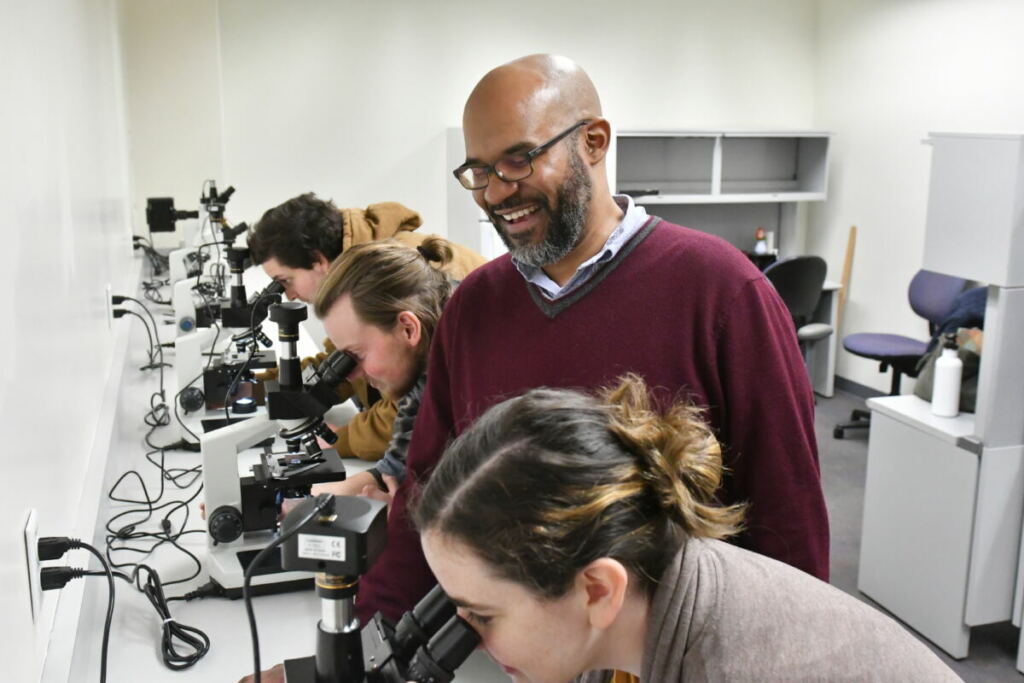A new statewide study released in Dec. 2024 revealed that while Utah graduates often excel in technical skills, many employers identify a pressing need for stronger communication, work ethic and other durable skills (i.e., soft skills).
The study, commissioned by the Utah System of Higher Education and conducted by Cicero Group, surveyed key industries such as aerospace, healthcare and computer sciences, and delivers actionable recommendations to address skill gaps, expand work-based learning and foster stronger collaboration between higher education and industry to better align with workforce demands.
“Utah’s industries are growing and evolving, and higher education must evolve alongside them,” said Geoff Landward, Utah Commissioner of Higher Education. “Through collaboration with industry leaders, we can build stronger pathways that lead to workforce success for our graduates.”
Key Takeaways:
- High Demand for Durable Skills
Employers report a widespread need for durable skills such as communication and work ethic. These foundational skills were cited as lacking in recent graduates, presenting a clear opportunity for higher education institutions to enhance their development. Employers also recognize that fostering durable skills requires a collaborative effort between educators and the private sector. - Mixed Satisfaction with Technical Skills
While many industries report high satisfaction with the technical skills of recent graduates, others, including aerospace and computer sciences, note that technical skills are often outdated or lack sufficient depth. To address these gaps, the study recommends increased collaboration and use of micro-credentials, certificates and other non-traditional educational tools tailored to industry needs. - Expanding Industry Collaboration on Campus
Employers increasingly desire a stronger presence on campuses, including participation on advisory boards, involvement in curriculum development and teaching roles for industry professionals. Enhanced collaboration through industry partnerships can expand access to work-based learning opportunities, which make the largest impact on preparing graduates for the workforce. - Work-Based Learning Opportunities are Key
Work-based learning programs, such as internships and apprenticeships, significantly improve workforce readiness. Employers highly value practical experience and often prioritize it over formal educational attainment during hiring. However, limited resources and access often constrain employers’ ability to expand work-based learning offerings, emphasizing the need for higher education institutions to play a proactive role in developing and promoting these programs.
The study highlights the importance of sustained collaboration between higher education and industry to address current workforce challenges. The Utah System of Higher Education and its institutions are already integrating this feedback, leveraging innovative educational tools and expanding work-based learning opportunities—and will continue to build on these efforts to ensure graduates are prepared to meet the demands of a rapidly evolving economy.
The study was guided by a steering committee comprising campus presidents, private sector leaders and state officials, who sought to define employer expectations, evaluate graduate quality, explore industry-specific needs and deliver actionable solutions. It reflects feedback from key industries, including healthcare, life sciences, aerospace, computer sciences, financial services, advanced manufacturing and more.
“We are grateful to the nearly 700 private sector leaders involved in this study,” said Vic Hockett, Associate Commissioner of Talent Ready Utah. “We are excited to develop action plans with industry and higher education leaders to continue to meet the needs of Utah employers.”
Read the full report and summary here.

